Counting skills Reading Worksheets for Ages 8-9
16 filtered results
-
From - To
Enhance your child's counting skills with our engaging reading worksheets designed specifically for ages 8-9! These interactive worksheets blend reading comprehension with essential math concepts, encouraging young learners to practice counting through fun stories and exercises. With vibrant illustrations and relatable scenarios, students will develop their numerical understanding while improving their reading fluency. Perfect for homeschooling, classroom use, or extra practice at home, our counting skills worksheets help reinforce important mathematical foundations. Explore our diverse range of activities that make learning effortless and enjoyable for your child. Help them build confidence in both counting and reading today!
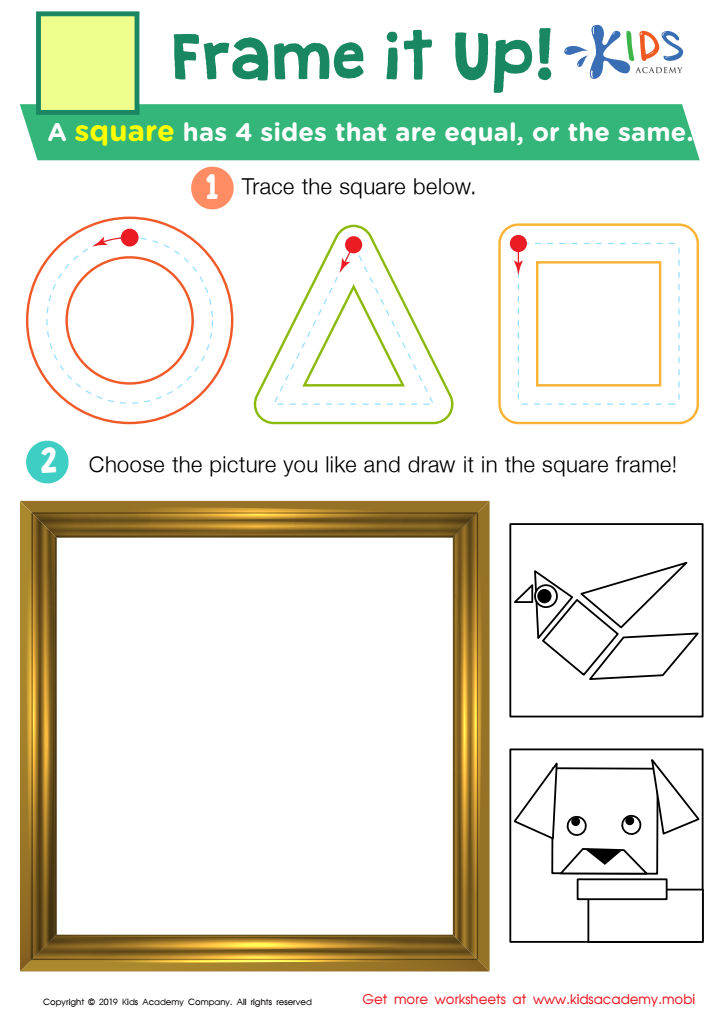

Frame it Up Worksheet


The Five Little Monkeys Nursery Rhyme Worksheet
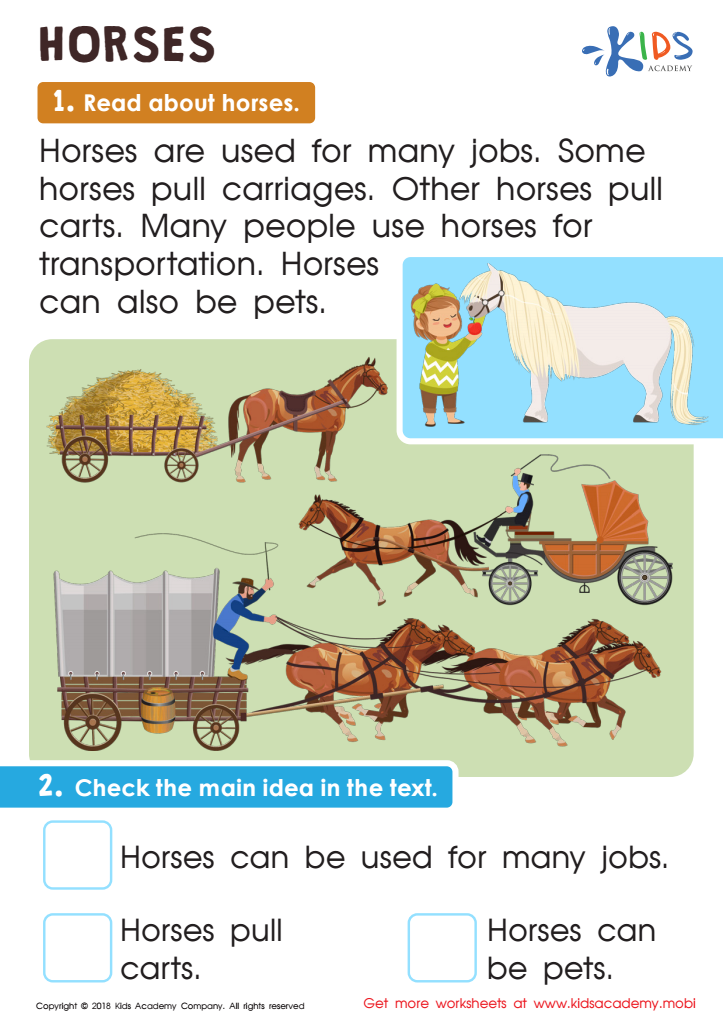

Horses Worksheet
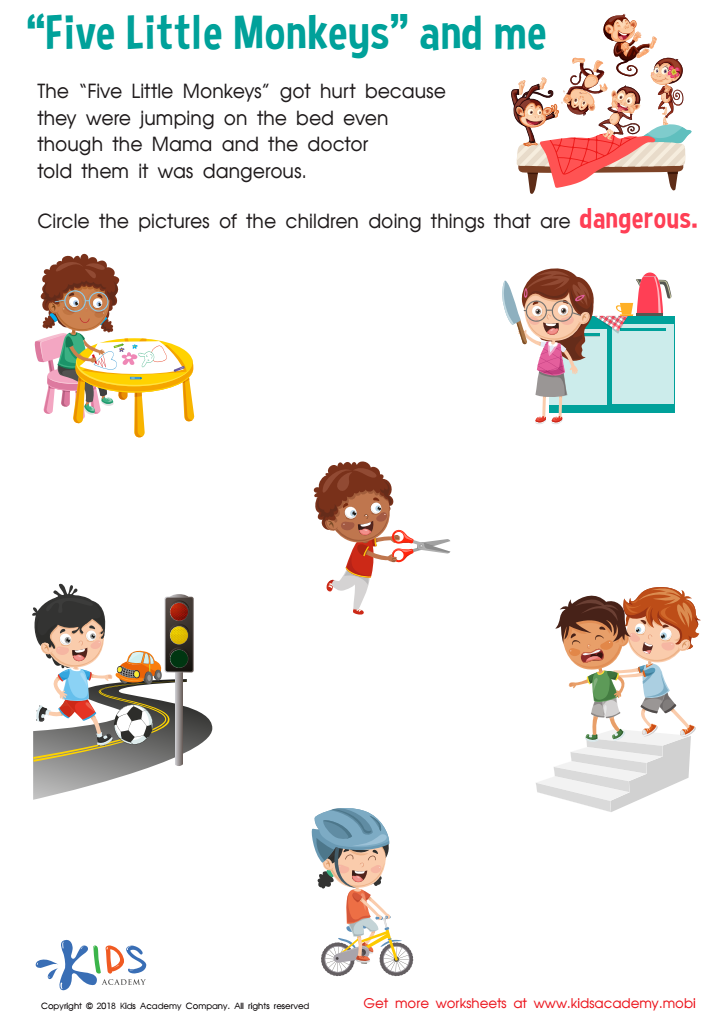

Five Little Monkeys and Me Worksheet
Counting skills and reading comprehension are fundamental building blocks for children aged 8-9, significantly influencing their academic success and overall development. At this age, children are transitioning from basic understanding to more complex problem-solving and analytical thinking. Proficiency in counting and number sense supports mathematical reasoning, allowing children to approach subjects like arithmetic and geometry with confidence.
Reading skills are equally crucial at this stage, as children begin to engage with more sophisticated texts. Strong reading abilities not only enhance language development but also improve comprehension, critical thinking, and the ability to draw connections across subjects. When paired with counting skills, reading reinforces mathematical vocabulary and contextual understanding, making both subjects more relatable and meaningful.
Teachers and parents play a vital role in nurturing these skills. By promoting engaging reading materials that incorporate counting concepts, they can create a rich, interconnected learning experience. Encouraging daily practice through games, storytelling, and practical applications fosters a dual appreciation for math and literacy. The development of these skills during ages 8-9 sets a strong foundation for future learning, helping children become confident, competent individuals in both academics and everyday life. Thus, fostering these skills early is vital for holistic educational development.

 Assign to My Students
Assign to My Students


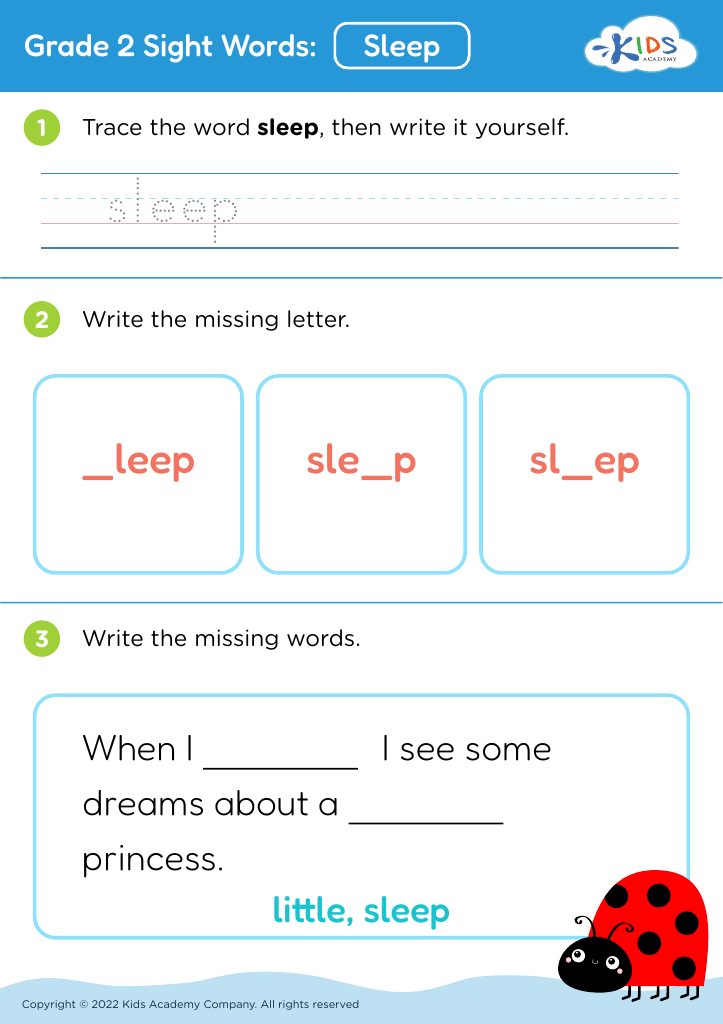
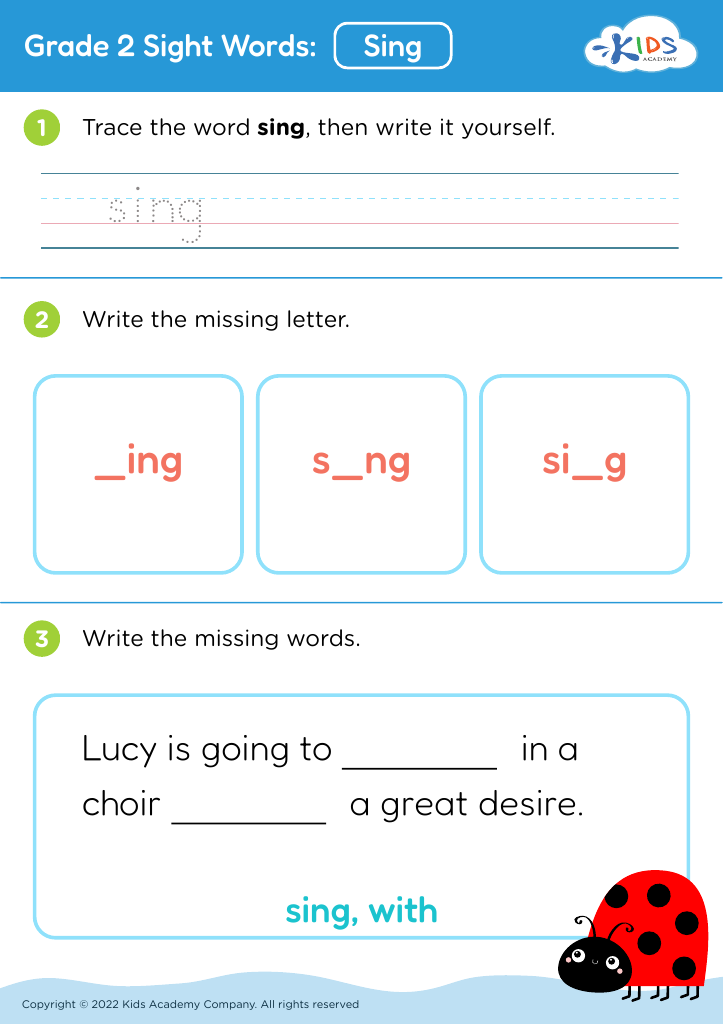
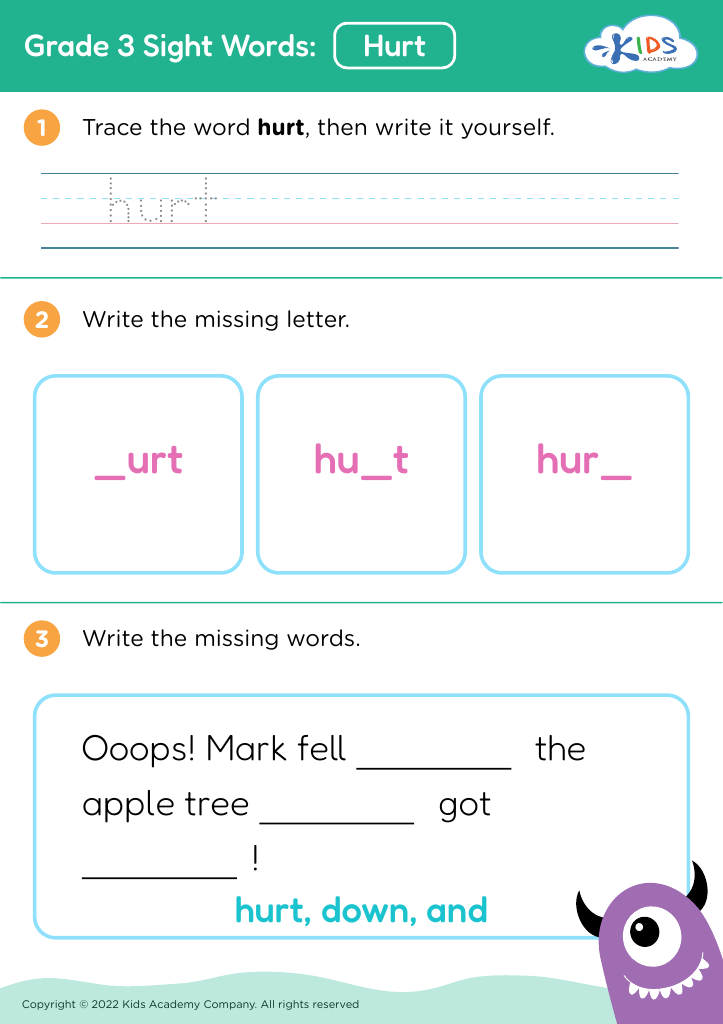

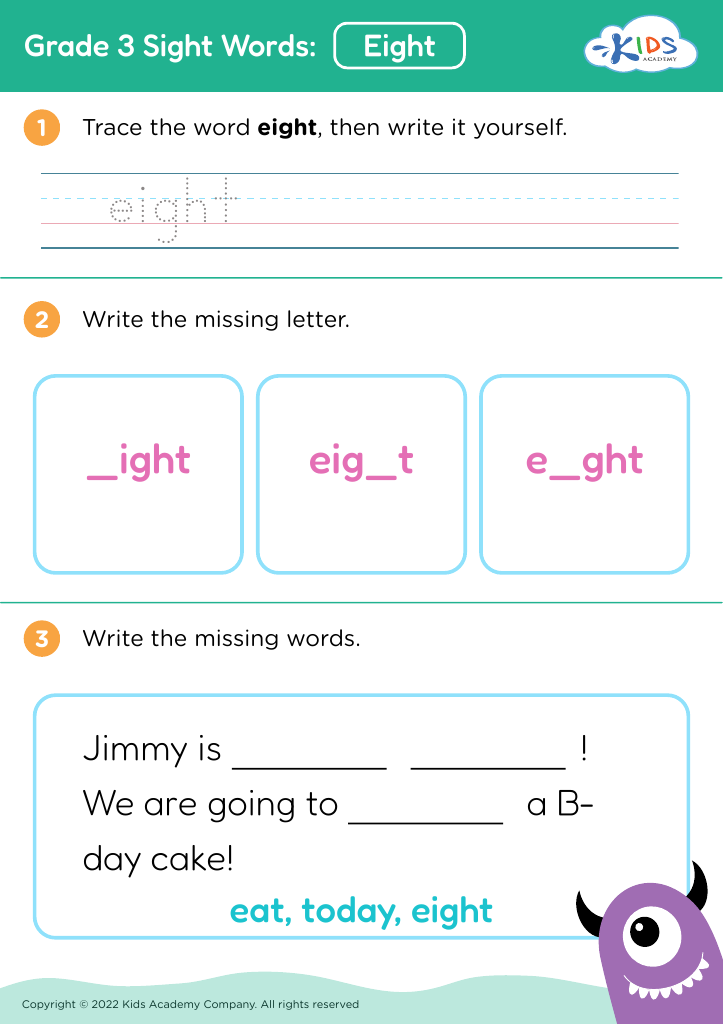
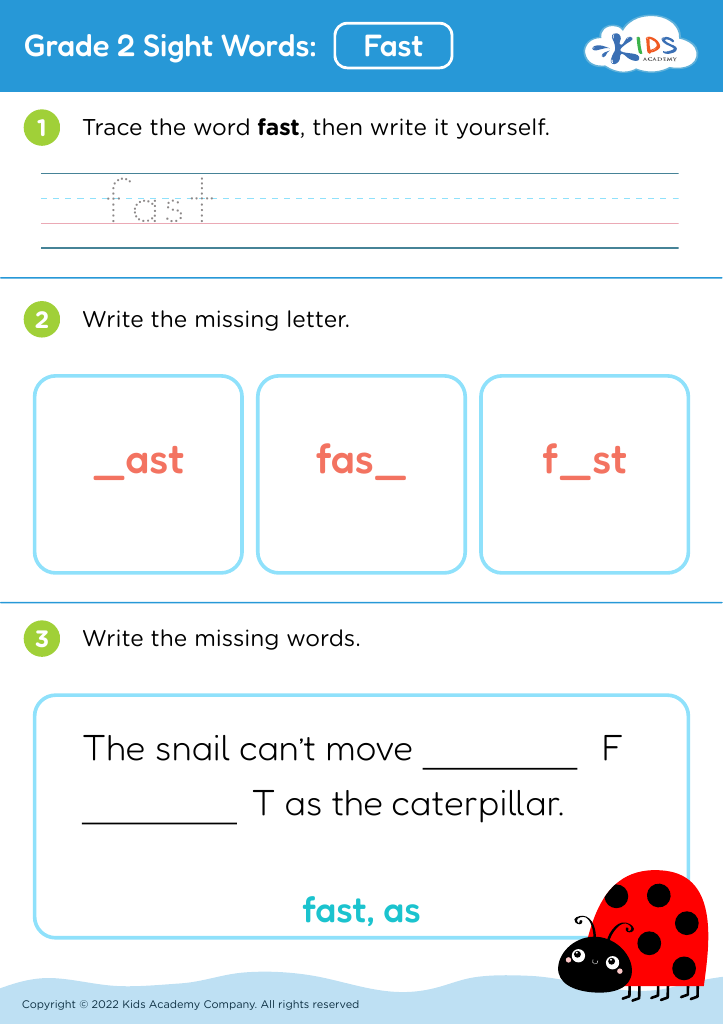

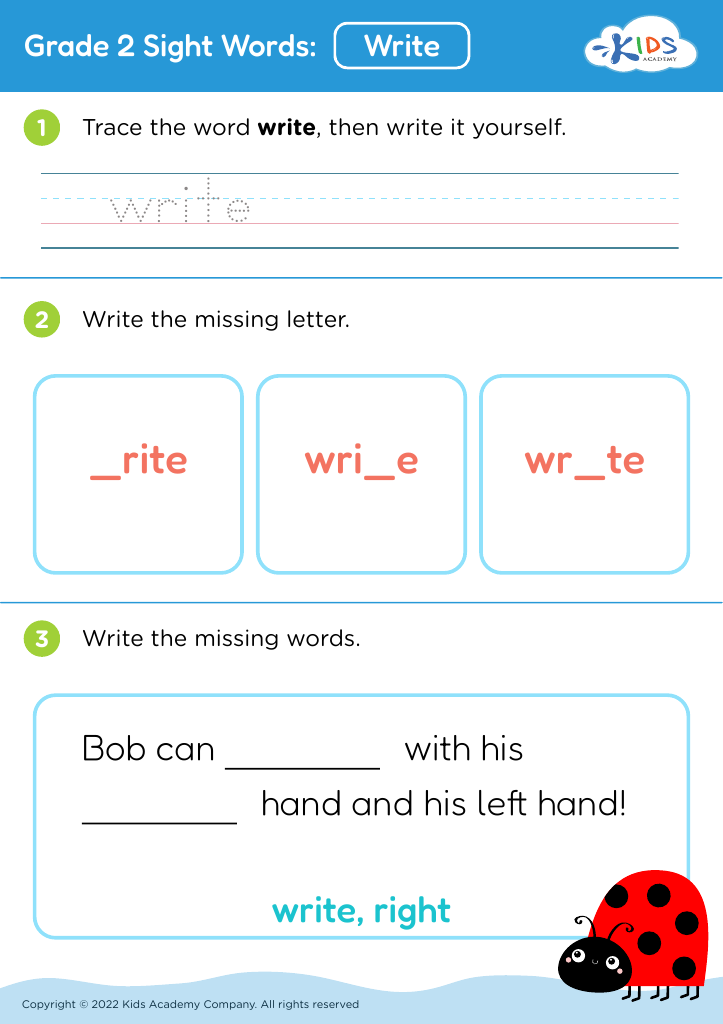

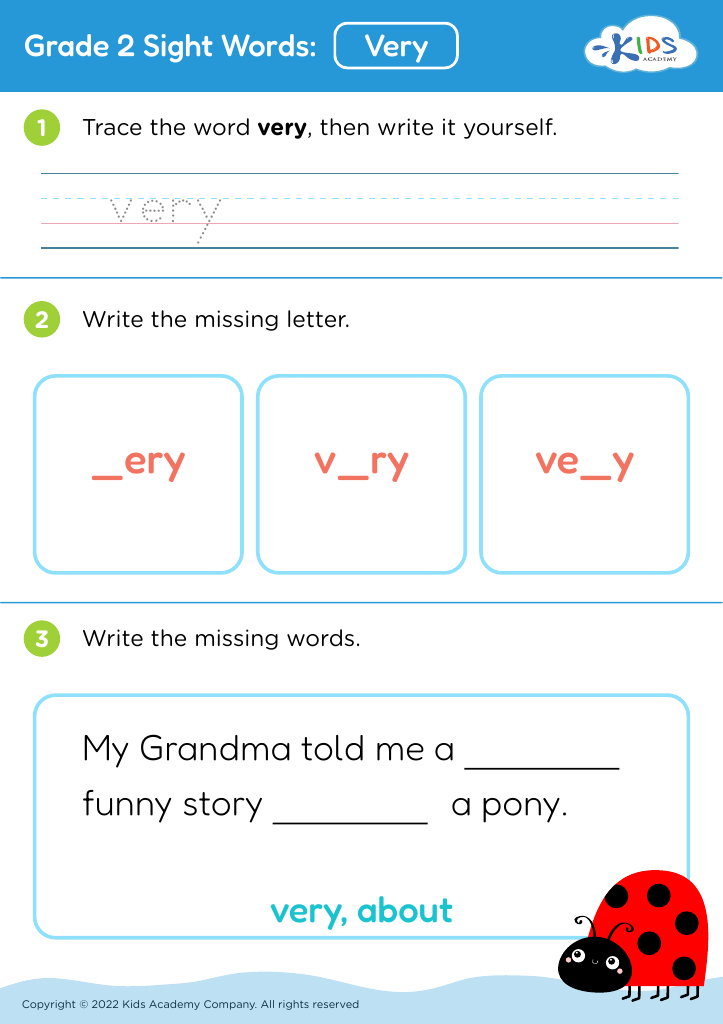


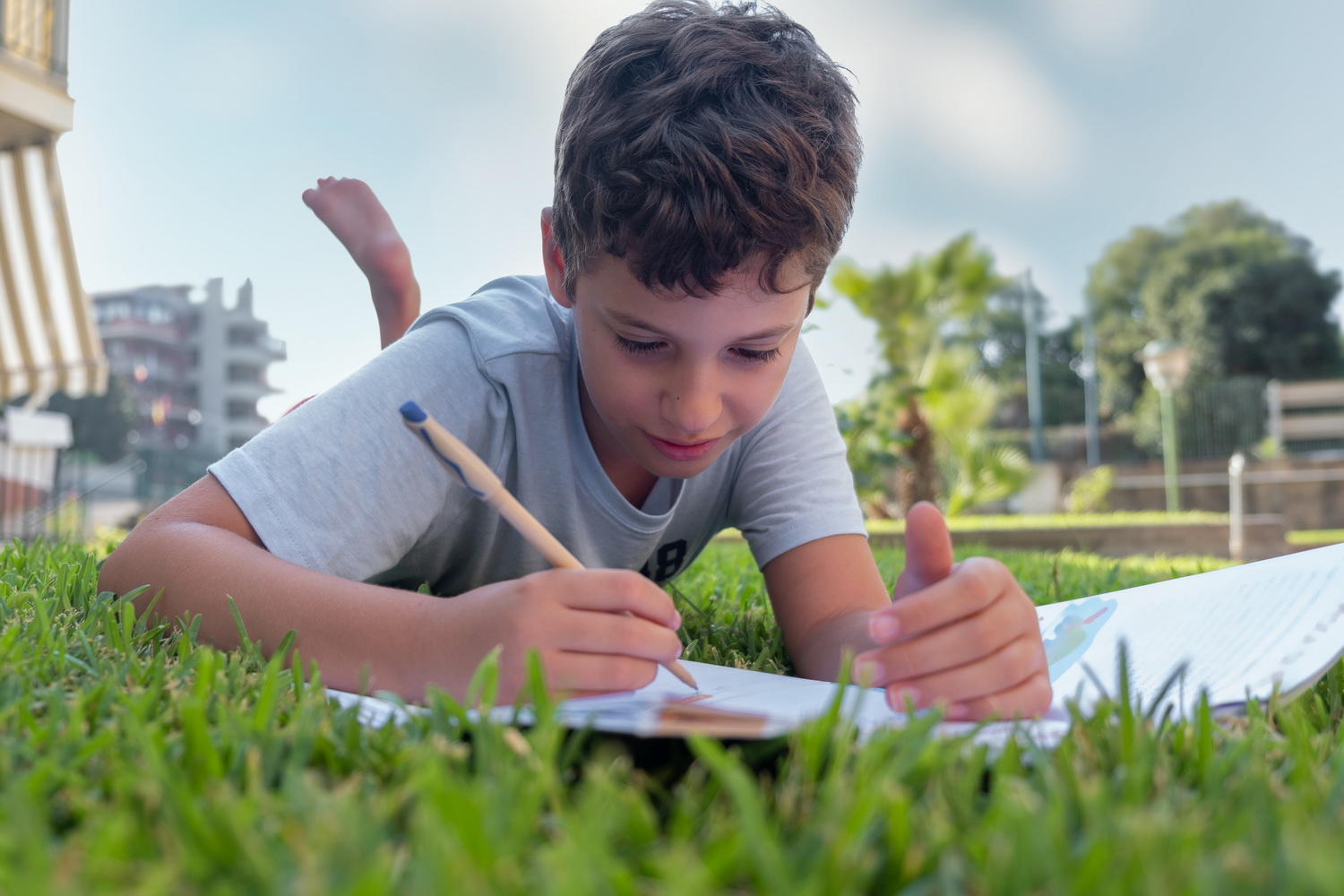

.jpg)











